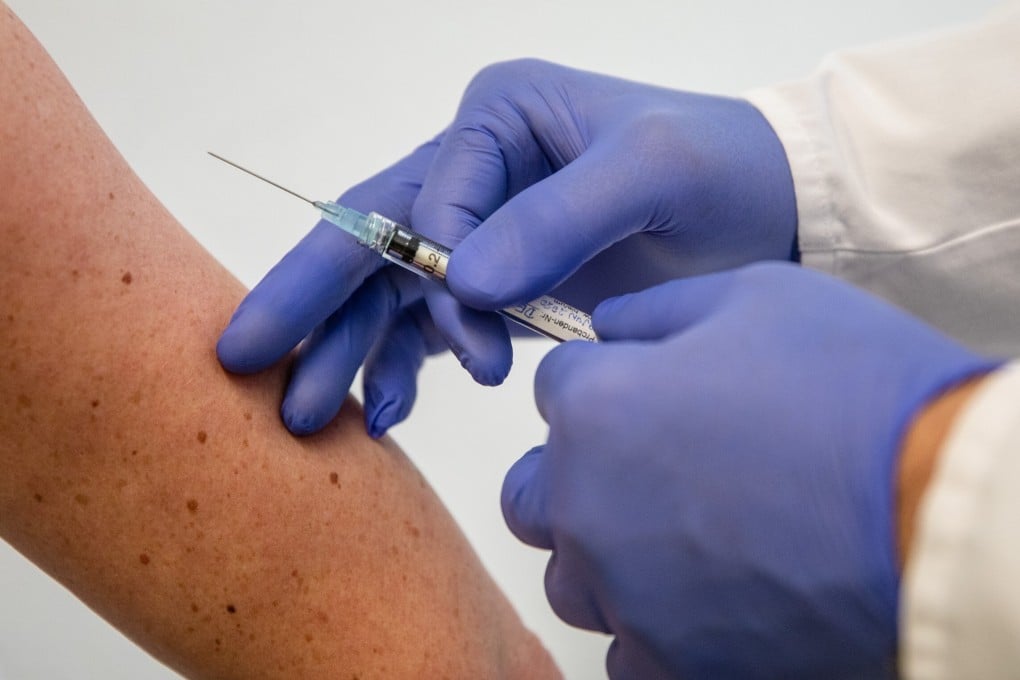Advertisement
In Japan, doctors’ arrests for assisted suicide of Yuri Hayashi spark calls for euthanasia debate
- Yuri Hayashi, 51, had a neurological disease that effectively left her unable to move without help. She had repeatedly expressed her wish to die
- But under Japanese law neither euthanasia nor the legalities of withholding treatment that would otherwise prolong a person’s life are clearly defined
Reading Time:4 minutes
Why you can trust SCMP

The arrest of two doctors on suspicion of helping a woman with an incurable disease to die has triggered fresh calls for debate in Japan on whether euthanasia should be legalised.
Yuri Hayashi, 51, died in November at her home in Kyoto after reportedly giving consent to the doctors to inject her with a lethal amount of a sedative. The two men were only formally arrested on July 23.
Yoshikazu Okubo, who operates a clinic in Miyagi Prefecture in northern Japan, and Tokyo-based doctor Naoki Yamamoto are being questioned on suspicion of the murder of Hayashi, who was diagnosed with motor neurone disease – also known as amyotrophic lateral sclerosis or Lou Gehrig’s disease – in 2011 and had repeatedly expressed her wish to die in online messages and blog posts.
Advertisement
The neurodegenerative disease, which has no known cure, had progressed to such a degree that Hayashi was effectively unable to move and required 24-hour assistance.

Advertisement
Local media have reported that she left messages on Twitter and in her personal blog expressing her frustration at her worsening condition and inability to take her own life. “I do not know why I have to live with such a body," read one message, while another called it "very odd that there is not a single health care professional [in Japan] who advocates the necessity of euthanasia."
Advertisement
Select Voice
Choose your listening speed
Get through articles 2x faster
1.25x
250 WPM
Slow
Average
Fast
1.25x